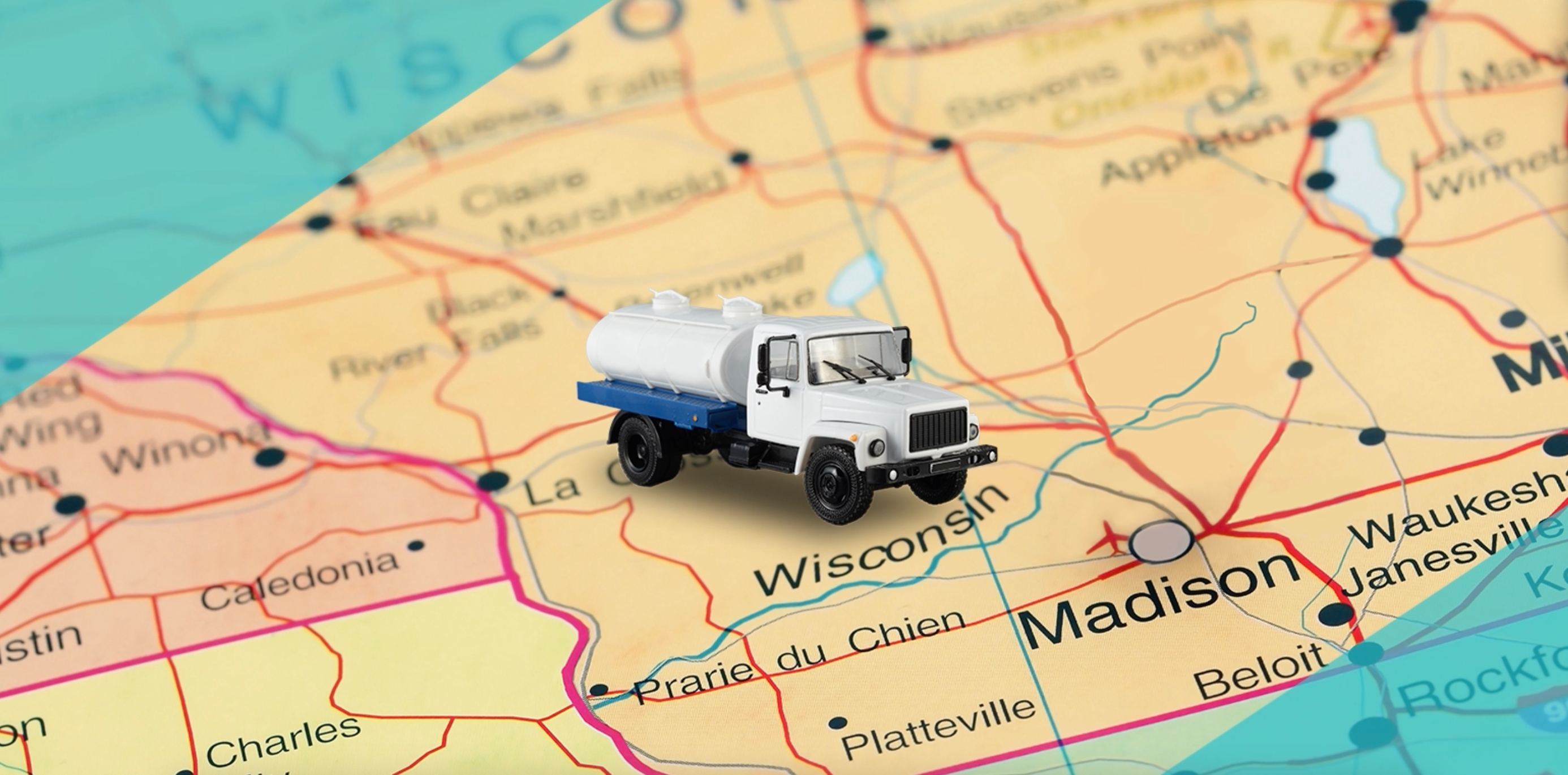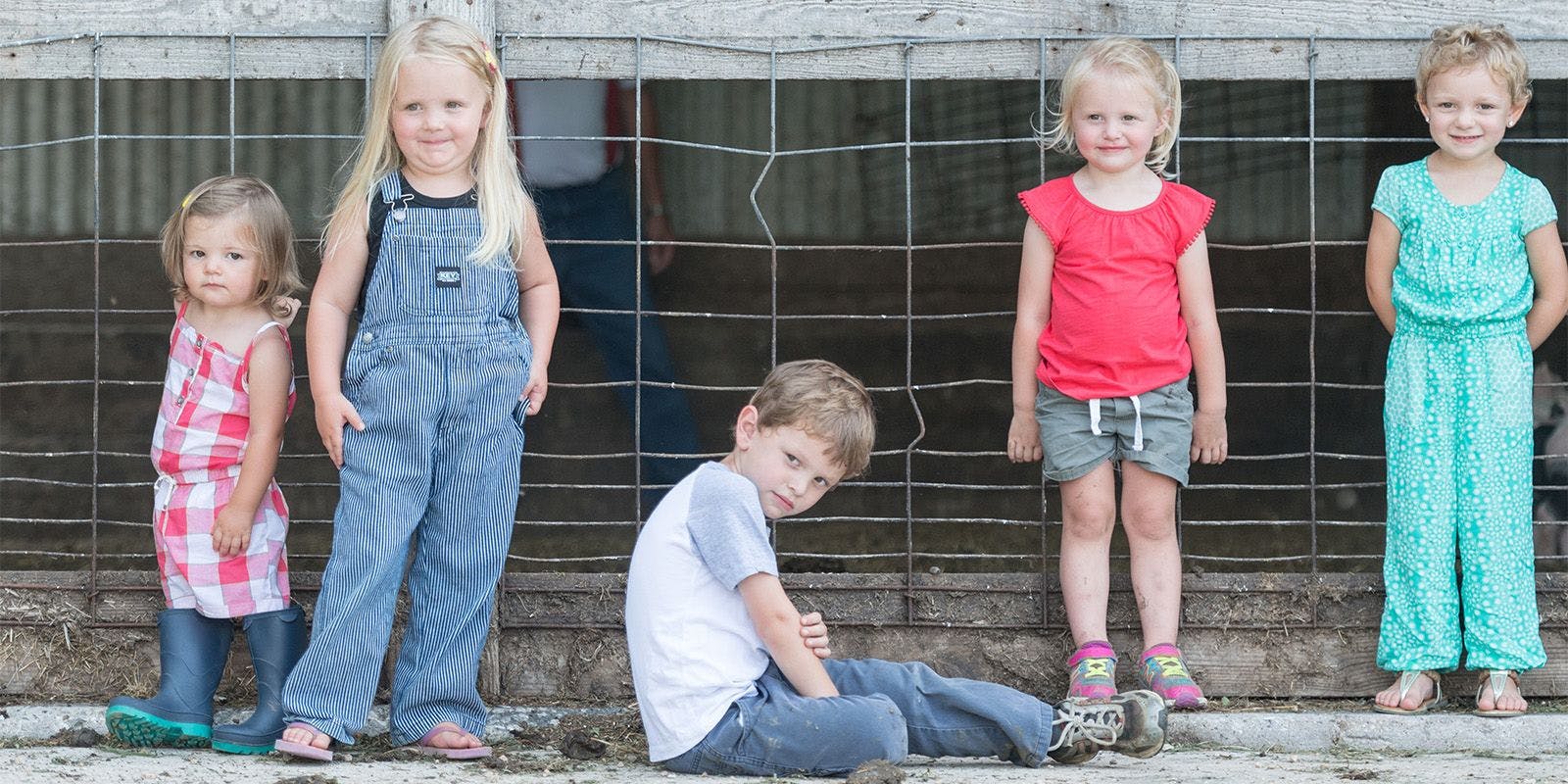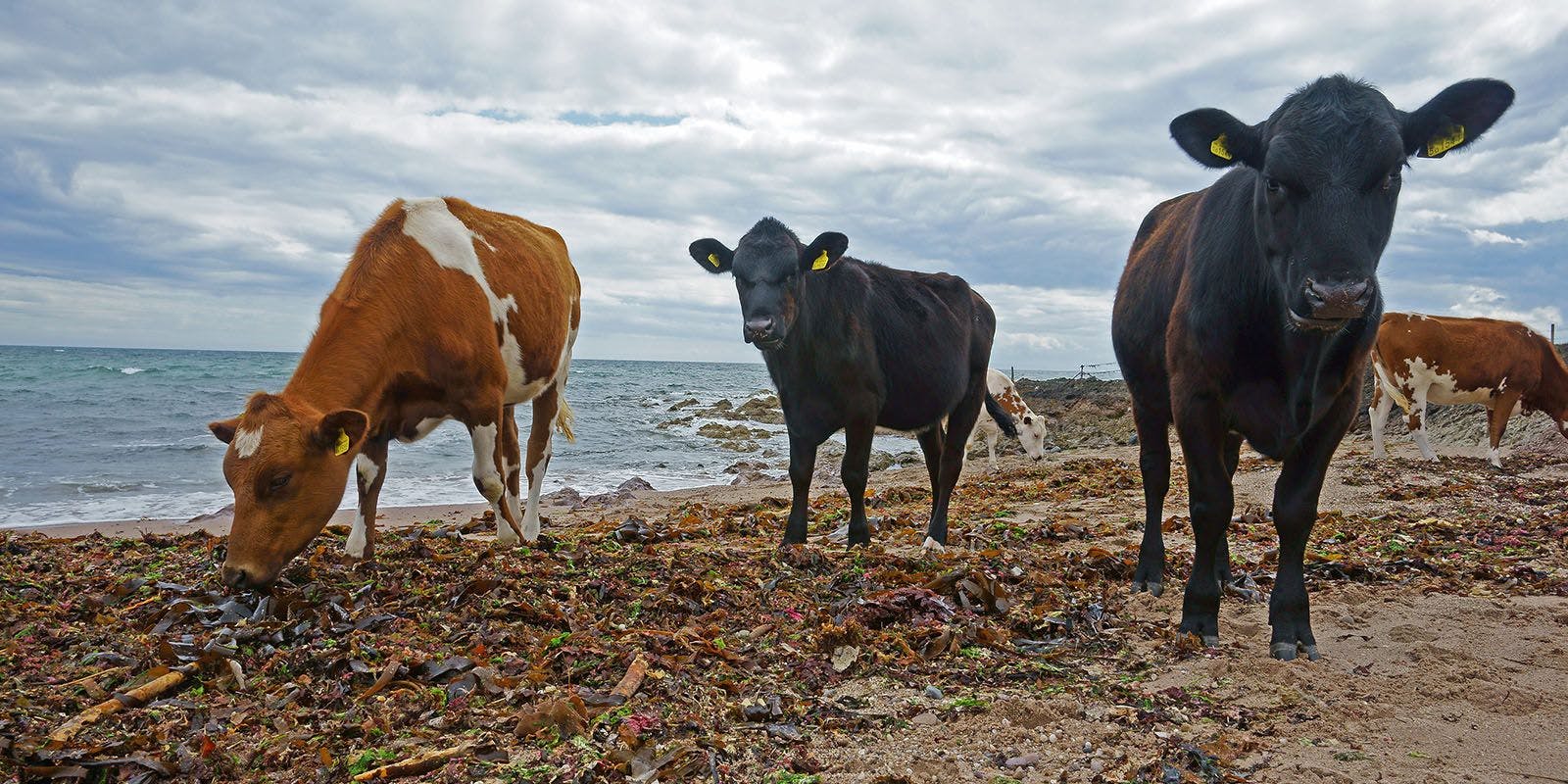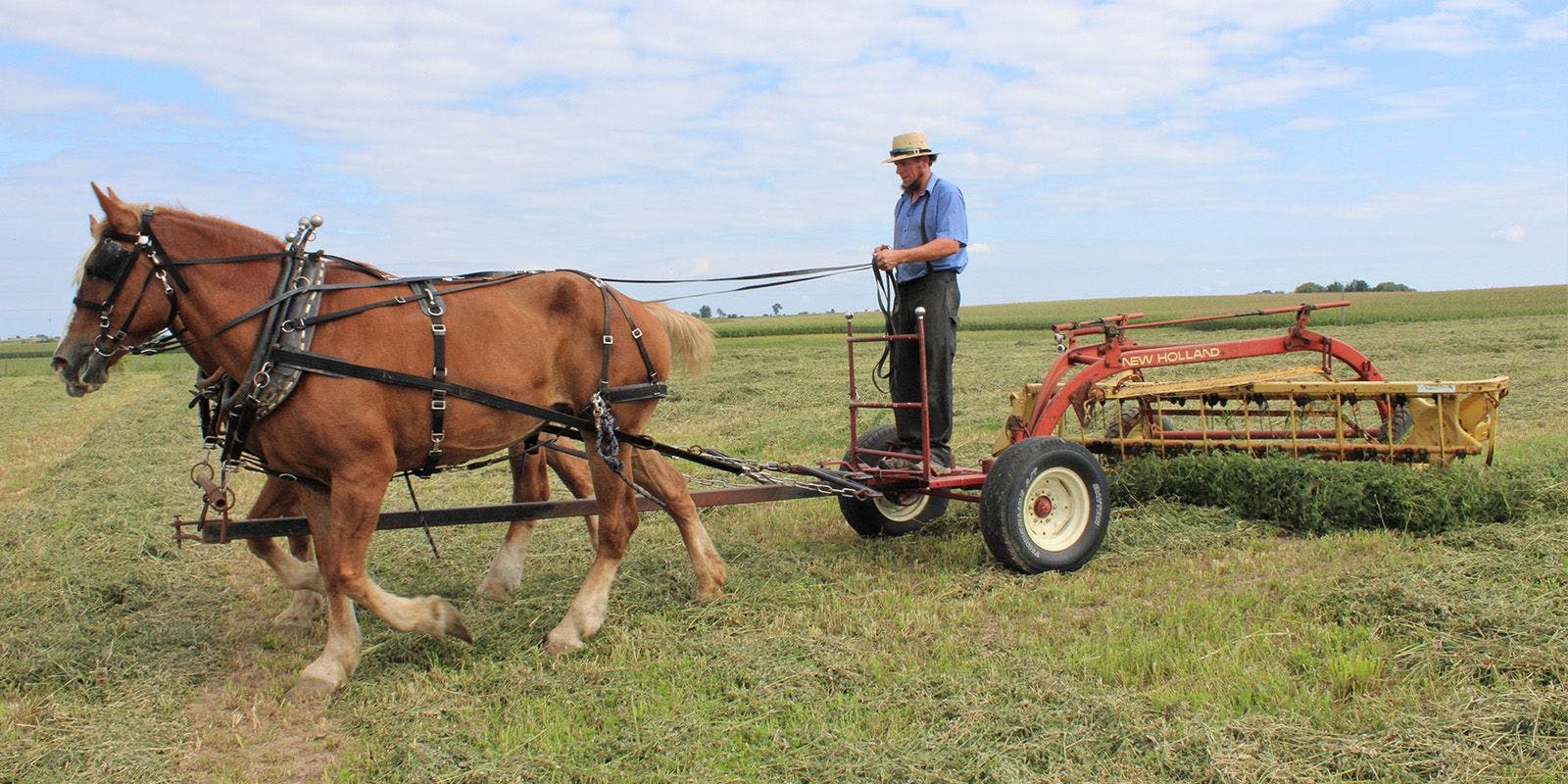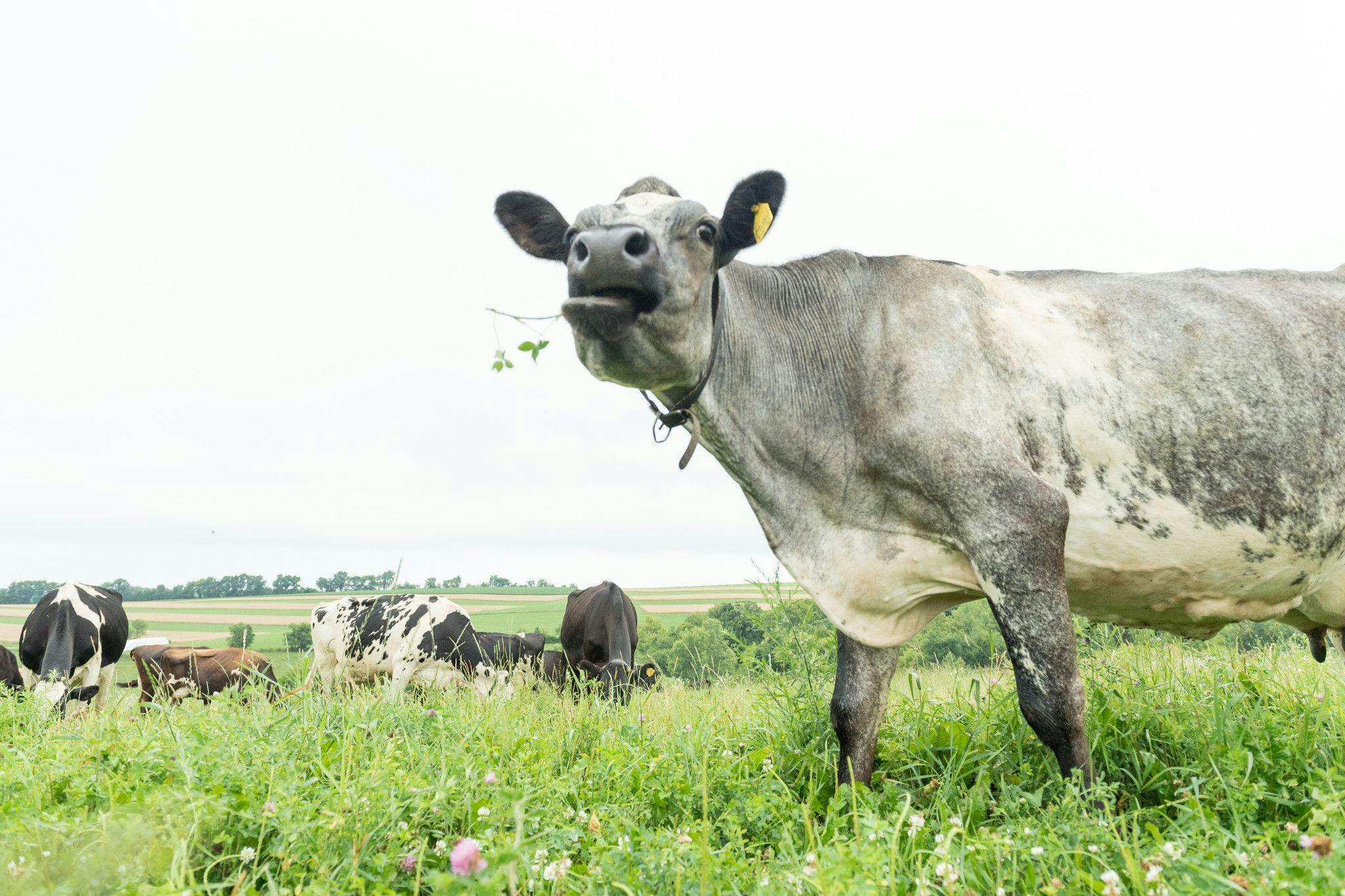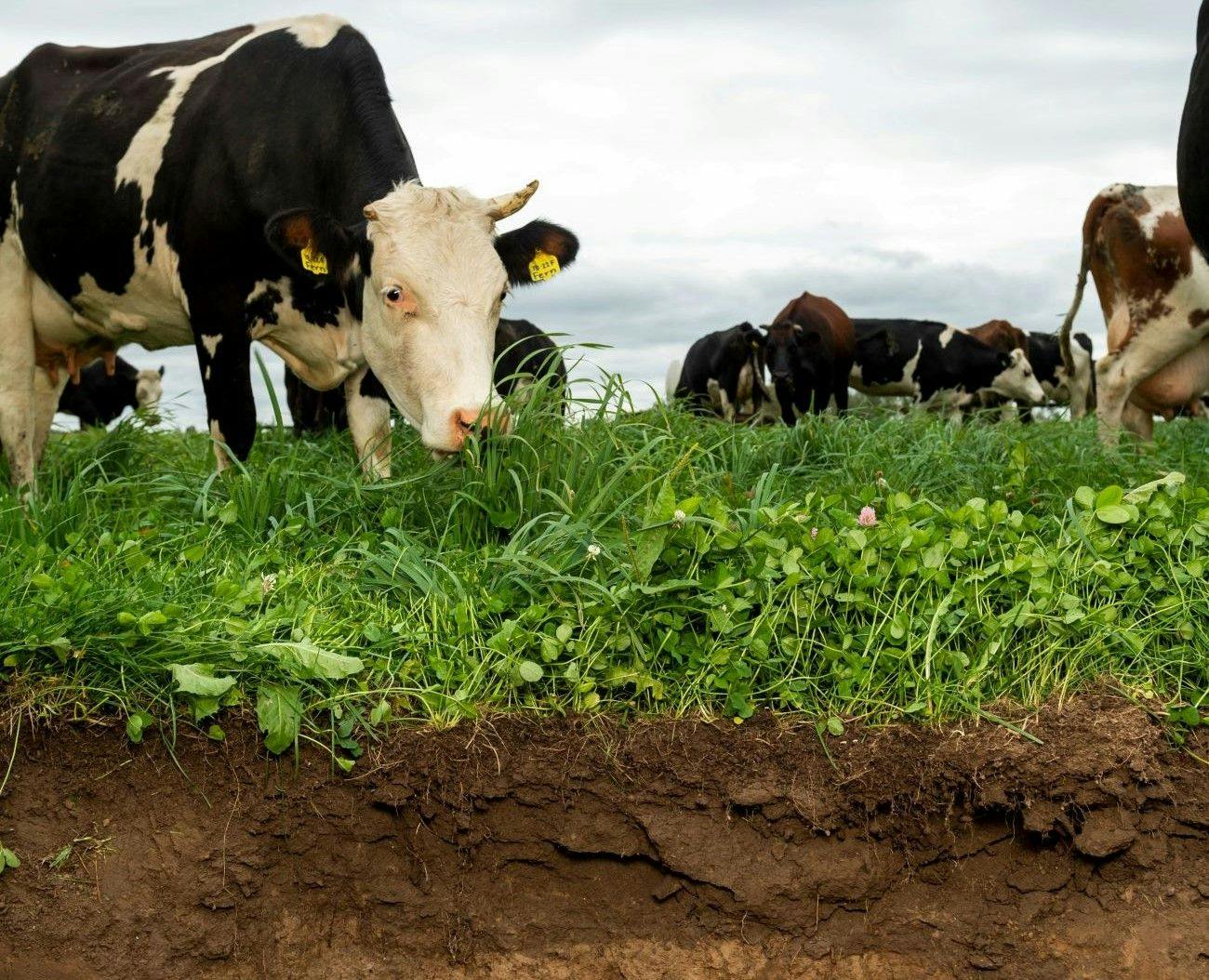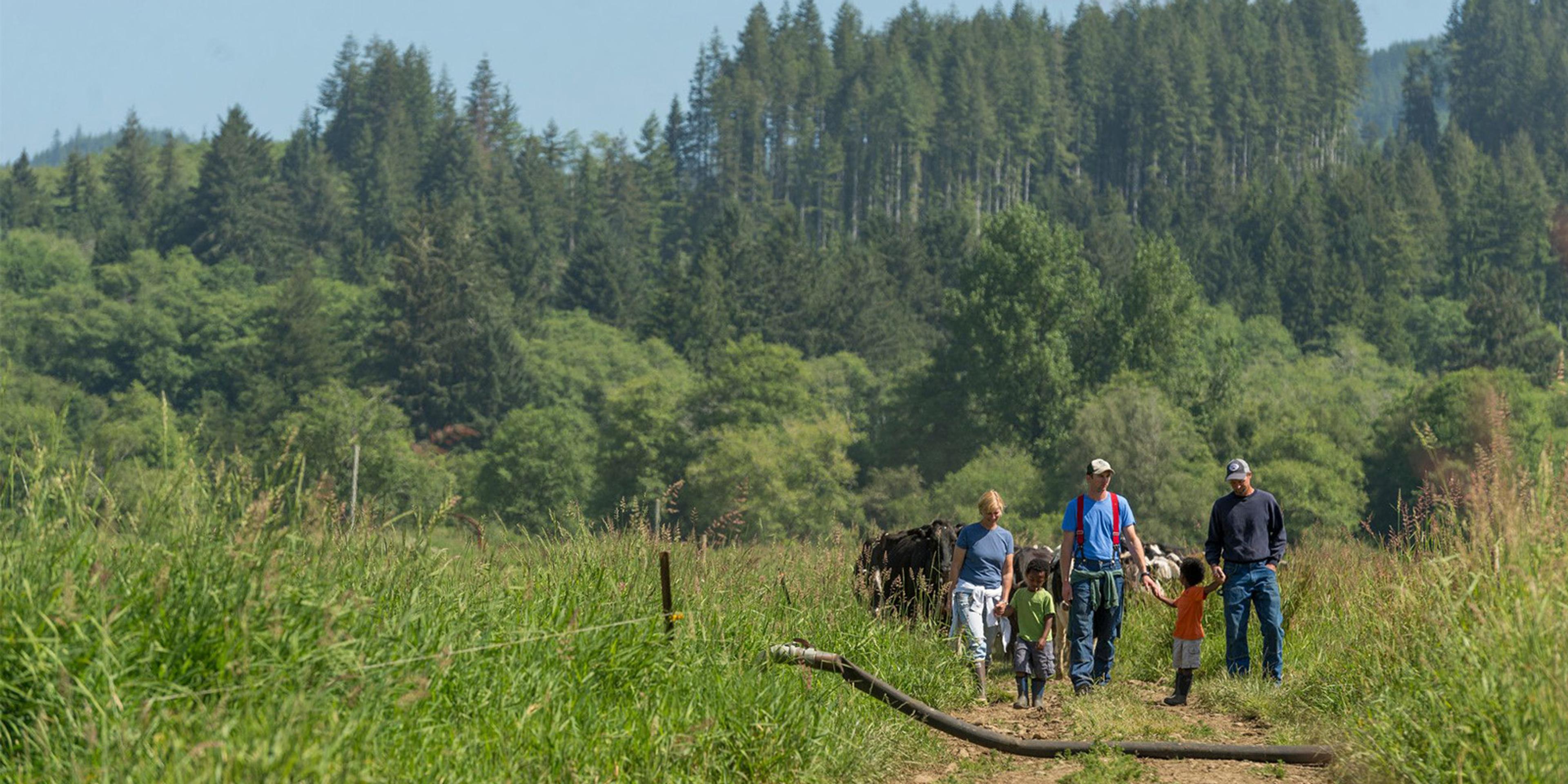
Earth
A Vast Partnership to Protect Our Planet
Sustainability is at the heart of everything we do at Organic Valley — it has been since our beginning in 1988.
And we are not alone. While sometimes it can feel like it, sustainability and eco-friendly practices should not be a competition between corporations. Businesses need to agree on that! That’s why we are excited to announce an initiative with more than 15 partners on an ambitious project to help sequester carbon, lower on-farm emissions and turn organic dairy farms into a solution for combating climate change.
With the support of Stonyfield and Nancy’s Probiotic Foods, the Organic Valley Carbon Insetting Program (OVCIP) is doubling in size with the aid of a U.S. Department of Agriculture Climate-Smart Commodities grant.
So, what is this insetting program in the confusing world of carbon talk? Organic Valley does not buy carbon credits to reduce our environmental impact.
Carbon insetting is reducing carbon in our supply chain (through eco-friendly practices).
Our farmers use soil health improvements, tree plantings and other environmental opportunities that remove greenhouse gas emissions from the atmosphere through a process called carbon sequestration.
What’s new is the Organic Valley Carbon Insetting Program awards farmers for reducing their emissions and for sequestering more carbon. Farmers do this by planting more trees, installing more solar, making organic compost and more.
Organic dairy, done right, can be part of the climate solution and not the climate crisis.
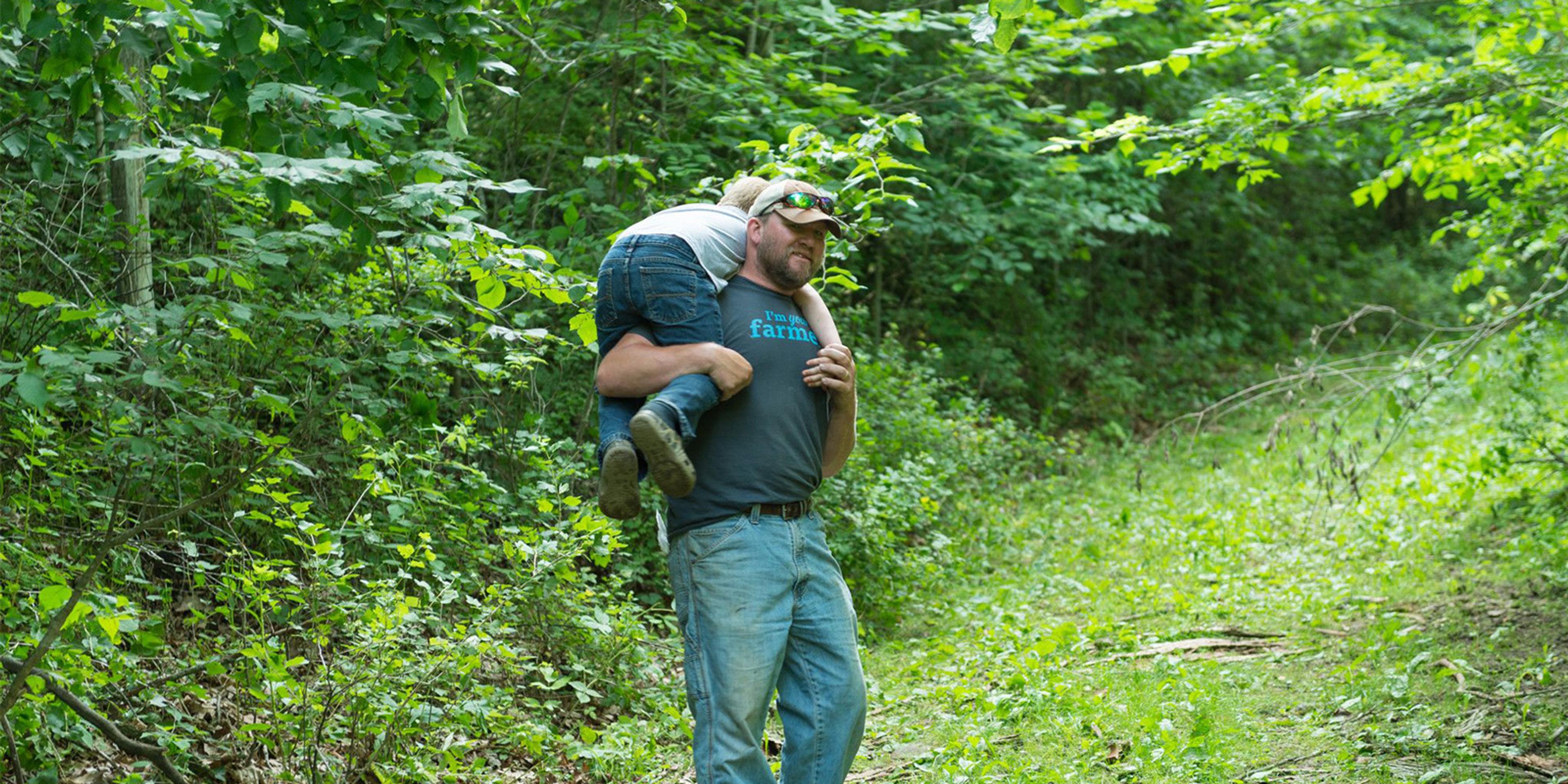
Organic farmer Tucker Gretebeck and his son on their farm in Wisconsin.
For many farms, these practices are not new.
Take organic farmer Tucker Gretebeck. He is planting trees for cow comfort (shade) and reducing carbon emissions directly on the farm instead of relying on carbon offsets. Last year, a team helped him plant 1,100 trees in a pasture dedicated to silvopasture on his Wisconsin farm.
Silvopasture is intentionally pairing trees, pasture and grazing animals for the good of the soil, animals and earth.
Oregon farmer Jon Bansen, whose farming methods have always emphasized regenerative agriculture to enhance soil health and preserve natural ecosystems, has planted 4,000 trees on his farm. And he has no intention of stopping.
“Nature wants to do what nature wants to do, so I have to act accordingly,” he said.
Through the OVCIP, the co-op pays farmers for each ton of carbon kept out of the air and the co-op gets an “inset” which we can sell, share or keep. Organic Valley never uses carbon offsetting.
Carbon offsetting is purchasing reductions that happen outside of a company’s supply chain (ex. buying reductions from tree plantings in South America).
The cooperative intends to be carbon neutral by 2050. Carbon neutrality is when greenhouse gas emissions are reduced at the source and the remaining emissions are removed by plants through carbon sequestration, leaving a zero balance.
Through organic production and pasture practices, Organic Valley farms already produce 24% less in greenhouse gas emissions compared to the average U.S. dairy farm! That’s a pretty good start, but we know we can do more. Joining hands with like-minded organizations to make a positive change is another great step.
Small organic family farms — not just Organic Valley farms — are helping the environment in a big way by allowing cows on pasture and keeping toxic pesticides off the land. By supporting small organic farms you help support a healthy planet.
Working together for the good of the earth, who doesn’t love that?
Learn more about Organic Valley’s sustainable agriculture and farming practices in the 2023 Impact Report.
Related Articles
- Tags:
- land stewardship & conservation













